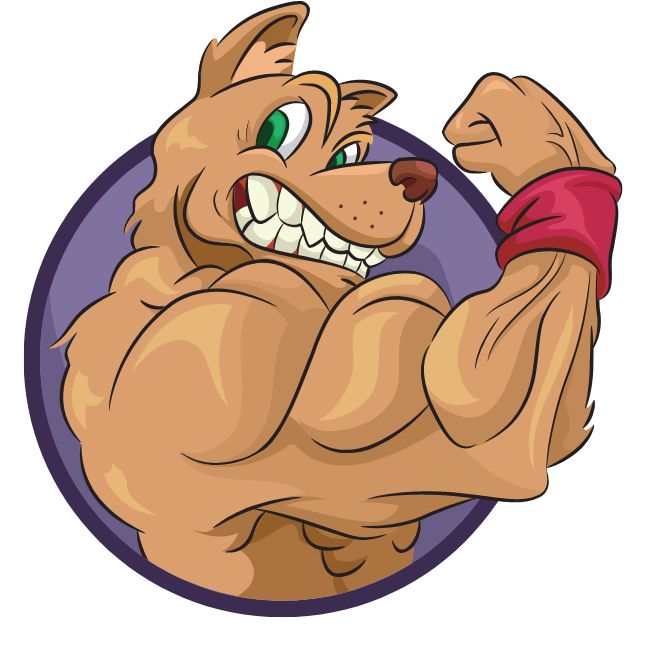
Muscle – What’s in a word!
Recommended for Education
The human body, a remarkable machine of biology, harbors a myriad of wonders, one of which is the muscle. These powerful tissues, beyond their physical function, carry a rich linguistic and cultural history, woven into the very fabric of our language.
The journey of the word “muscle” through history is not only intriguing but also reveals the creative and sometimes whimsical nature of human thought.
In this exploration, we delve into the etymology of “muscle,” tracing its roots from ancient civilizations to its modern usage, and how it surprisingly connects to the animal kingdom.
Listen to the summary
Historical Origins and Linguistic Journey
- From Latin to Modern Languages: The term ‘muscle’ originated from the Latin word ‘musculus’, meaning ‘a little mouse’. This word then traversed through Old French and eventually found its place in Middle French in the 14th century. By the time it reached Late Middle English, it had evolved into the term we use today. Imagine a Roman scholar, looking at a flexing bicep and remarking, “It moves like a little mouse under the skin!”
- Influence of Greek and Latin on English: Latin and Greek languages have significantly influenced the English vocabulary. For instance, the Greek prefix ‘myo-‘, as in ‘myocyte’ (muscle cell), stems from ‘mŷs’, meaning both ‘muscle’ and ‘mouse’. This linguistic crossover is not just limited to ‘muscle’ but extends to many other words in English, reflecting the rich linguistic heritage passed down through centuries.
Fascinating Etymological Connections
- Muscles and Mice: The ancient Romans and Greeks drew an imaginative parallel between the movement of certain muscles, like biceps, and scurrying mice. This metaphorical connection highlights the human tendency to relate the unfamiliar with familiar imagery. For example, when a bicep curls, it’s akin to a little mouse curling up, creating a visual and linguistic link.
- Muscle and Mussel – A Homophonic Twist: Both ‘muscle’ and ‘mussel’ share the same Latin root, ‘musculus’. The mussel, a marine bivalve, also got its name from this Latin term because ancient people thought it resembled a little mouse. It’s like looking at a mussel on the beach and imagining it as a tiny sea mouse, hidden within its shell.
Broader Animal-Inspired Terminology
- Beyond Muscles – Other Body Parts: The tradition of naming body parts after animals isn’t unique to muscles. For example, the ‘hippocampus’ in the brain, named for its resemblance to a seahorse, is derived from the Greek ‘hippokampus’, a mythical creature that’s half-horse, half-fish. Similarly, the ‘cochlea’ in the ear, named after the Greek word ‘kochlos’ (snail), resembles a snail’s shell. These names suggest a creative human approach to naming, where a scientist might look at the spiral of the cochlea and be reminded of a tiny snail curled up in its shell.
- Engaging Examples for Understanding: To make these concepts more tangible, let’s visualize. Picture a bodybuilder flexing their biceps. Now, imagine tiny mice moving under the skin, a visual that sparked the word ‘muscle’. Or think of opening a mussel shell at a seafood restaurant, where once, someone saw a resemblance to a little mouse. These visual examples not only make the facts engaging but also highlight the whimsical nature of human perception and language evolution.
Similar Stories
Watch a video
Watch a video below on how our muscular system works:
Curious Times is a leading newspaper and website for kids. We publish daily global news aligned to your learning levels (also as per NEP 2020): Foundational, Preparatory (Primary), Middle and Senior. So, check out the News tab for this. We bring kids’ favourite Curious Times Weekly newspaper every weekend with top news, feature stories and kids’ contributions.
Curious Times News Program for Schools for FREE. Over 5,000 schools and teachers from all over the world have joined our programme so that students and teachers can get FREE Educative Newspaper. Here, kids can take part in world events and win prizes and certificates for free through their schools.
The following social media platforms allow you to communicate with us: Instagram
0 (Please login to give a Curious Clap to your friend.)

mam please post the topic of Earth day.
Dear Avni
We posted about Earth Day in our articles. Please refer to this link: https://curioustimes.in/news/celebrating-the-world-earth-day-22nd-april/
We received about 150 articles, posters and poems on Earth day from our readers. Refer to https://curioustimes.in/me.
How about sending us your creation for Earth Day.
Stay safe and stay curious!
ok mam
hi mam